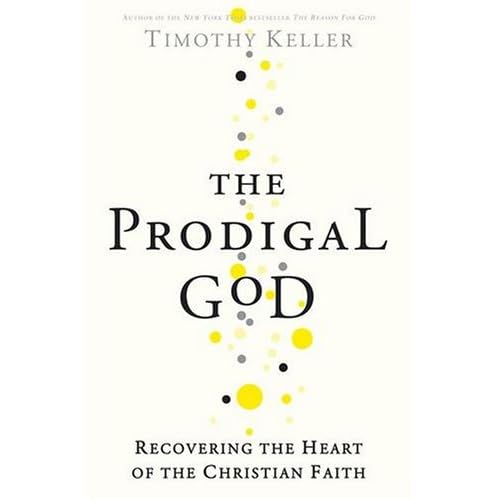the prodigal god

"The word ‘prodigal’ is an English word that means recklessly extravagant, spending to the point of poverty. The dictionaries tell us that the word can be understood in a more negative or a more positive sense. The more positive meaning is to be lavishly and sacrificially abundant in giving. The more negative sense is to be wasteful and irresponsible in one’s spending. (Some people think prodigal means ‘wayward,’ but there is no dictionary that indicates that the word means ‘immoral.’) The negative sense obviously applies to the actions of the younger brother in the Luke 15 parable. But is there any sense in which God can be called ‘prodigal’? I think so.
First, the elder brother is offended by the father’s extravagant and (to him) irresponsible welcome of his younger brother. The father, of course, represents God, and legalists are always offended by the gospel of free grace. They see it as wasteful and unfair. After all, they worked for their acceptance. These are the people to whom Jesus was telling the parable in the first place—the Pharisees who objected to Jesus’ lavish grace to tax collectors and sinners. They certainly thought Jesus was being far too free and irresponsible with the love and favor he was promising them from God. Jesus depicts them in the parable as the elder brother upset with his father’s prodigality.
Second, the positive meaning of the term ‘prodigal’ is definitely true of God. He spent himself to the uttermost on the Cross. He did so ‘recklessly’ in the sense that he did not reckon the cost to himself. Jesus was someone who spent himself into helpless poverty (2 Corinthians 8:9) and was ‘in want’ in the most extreme way."
Tim Keller, introduction to The Prodigal God





